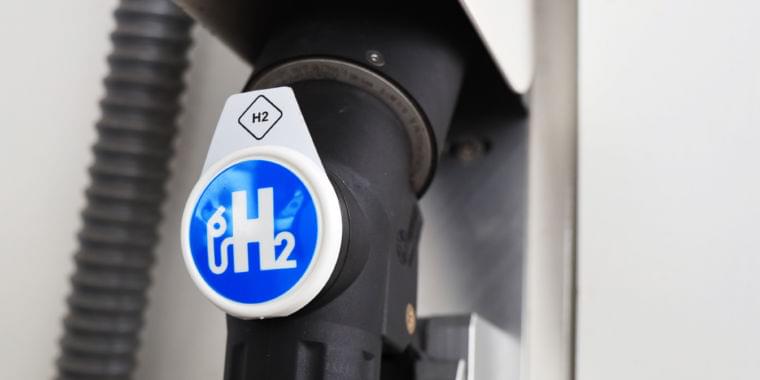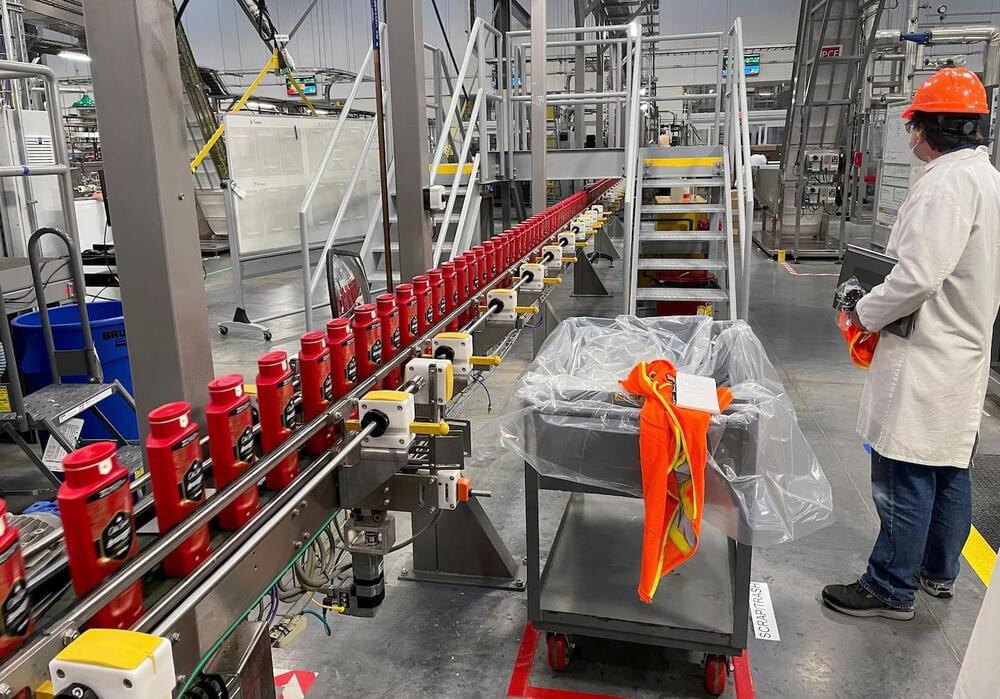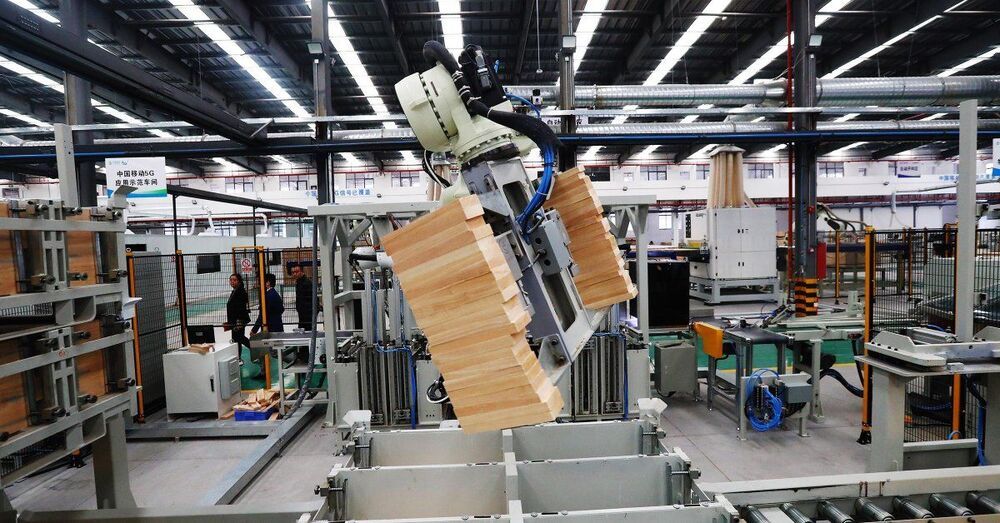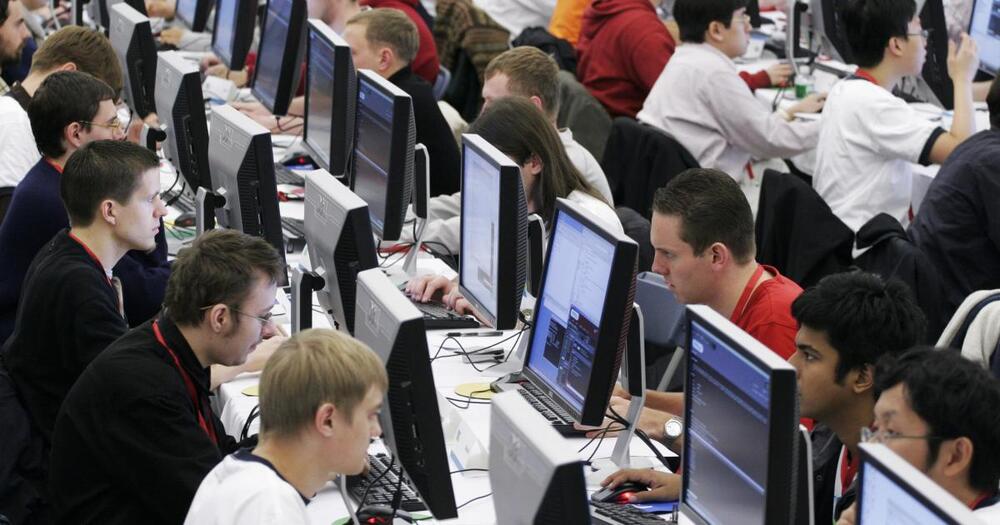Related: Ethereum’s London hard fork sets ETH on a more deflationary path
For some, it’s easier to burn money than to coordinate and fund public goods. As a confessed humanist, that’s massively disappointing to me. This fundamental shift would have been tremendous support for research and development and innovation that maximizes community benefit and the thriving (rather than survival) of more transparent nonprofits. Developments in this space would make unbelievable strides forward for Ethereum and broader society.
The building blocks are here for humans to coordinate and reward those who create a lasting impact. NFTs, DAOs and retroactive public funding make it easier to put humanity first. We’re at a monumental moment for pro-social organizations, where public goods like ending world hunger, championing human rights and economic empowerment can be designed for the long run.







